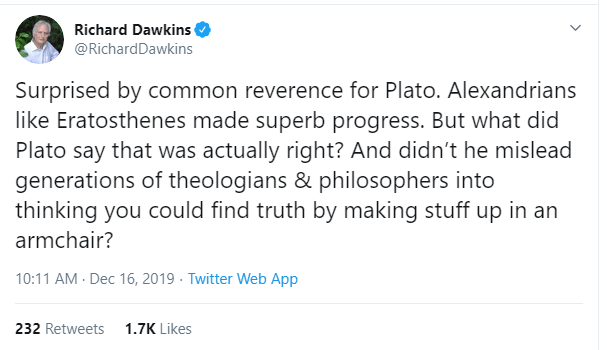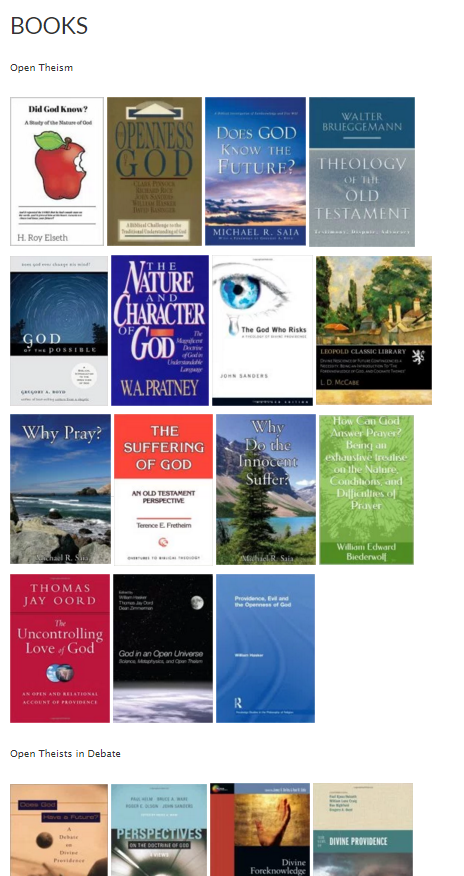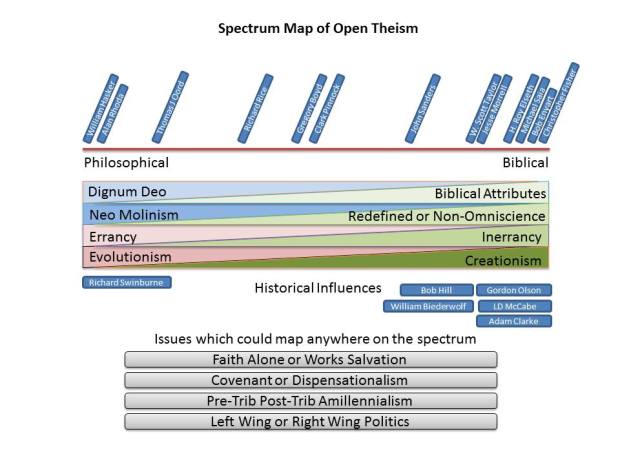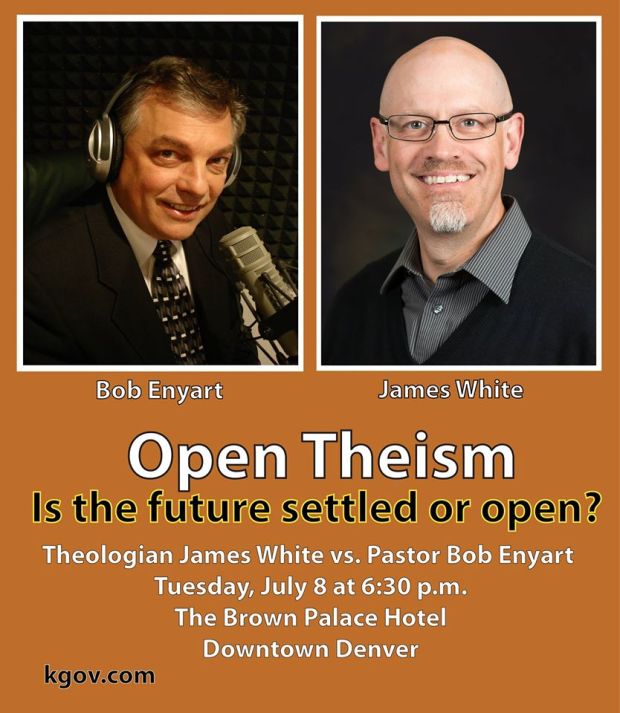This time-line of Lequyer was written by Donald W. Viney, published in his translation of Lequyer’s “The Hornbeam Leaf” (Pittsburg, Kansas: Logos-Sophia Press, 2010):
This chronology builds on that of Jean Grenier, found in his version of Lequyer’s Œuvres complètes, p. xv.
1814: Birth of Joseph-Louis-Jules Lequyer on January 29th at Quintin (in Brittany). His father was Joseph-Jean-Noel Lequyer (1779-1837) and his mother was Céleste-Reine-Marie-Eusèbe Digaultray (1772-1844).
1834: Entrance to the École Polytechnique in Paris; Lequyer meets Charles Renouvier (1815-1903) at this school; Lequyer’s father officially fixes the spelling of the family name as “Lequyer.”
1837: Death of Lequyer’s father (1838 according to Séailles; Dugas says 1839).
1838: After failing the military exam to become a lieutenant and refusing a lesser military post, Lequyer resigns from the École Polytechnique.
1839: Settles at Plérin (Brittany), near St.-Brieuc.
1843: Settles in Paris and teaches French composition at the École Égyptienne; Lequyer translates into French the autobiography of Sir Humphrey Davy, but never publishes it.
1844: Death of Lequyer’s mother; she says to their devoted servant, Marianne Feuillet, “Oh, Marianne, pray, look out for my poor Jules. He has in his heart a passion which, I greatly fear, will be the death of him.”
1846: Mystical crisis; Lequyer wrote to Mgr. Épivent, “God spoke to me . . .”
1848: Return to Plérin and candidacy to the North Coast Assembly; he was not elected.
1850: Sells the family house at St.-Brieuc.
1851: February 28th, mental crisis where Lequyer tried to cut his arm off with a hatchet; confinement at Dinan; at Passy, April 11-19, under care of Dr. Esprit Blanche. After recovering, Lequyer proposes to Anne “Nanine” Deszille (1818-1909), a friend from childhood. She declines.
1853: Teaches mathematics at Besançon and at Lons-le-Saulnier.
1855: Return to Plérin, settles in the countryside in the family home, “Plermont” (Plérin + mont).
1860: Unsuccessful candidacy for the archivist’s position of the Côtes-du-Nord.
1861: Late December, Lequyer again proposes to Mlle. Deszille. She gives a definitive refusal.
1862: February 11th, death by drowning in the bay of St.-Brieuc. Louis Le Hesnan, the philosopher’s secretary who accompanied him reports that Lequyer’s last words were, “Adieu Nanine.” According to Louis Prat, one of his friends, Lequyer made a supreme wager in which he was asking God to save his genius.
1865: Renouvier underwrote 120 copies of a selection of Lequyer’s manuscripts under the title La Recherche d’une première vérité, fragments posthumes
1868: Renouvier and Agathe Lando erect a monument with a statue on top of it over Lequyer’s grave in Plérin. The inscription reads: This monument was raised to the memory of an unhappy friend and a man of great genius in 1868 by Renouvier. Jules Lequyer, born at Quintin in 1814. Deceased at Plérin in 1862. Pray for him. His works: “The Hornbeam Leaf,” Abel and Abel, The Search for a First Truth, The Dialogue of the Predestinate and the Reprobate.
1872 William James writes to Renouvier to request a copy of Renouvier’s edition of Lequyer’s works; Renouvier obliges and, after reading the book, James donates the copy to the Harvard library. James never mentions Lequyer by name in his published work, although he quotes him and alludes to him as “a French philosopher of genius” in The Principles of Psychology (1890).
1880s In the mid-1880s, the historian Proper Hémon happens upon Lequyer’s grave in Plérin and begins writing the philosopher’s biography. This is not published until 1991.
1898 George Séailles publishes “Une Philosophe Inconnu, Jules Lequier” [An unknown philosopher, Jules Lequier], in Revue Philosophique de la France et de L’Étranger. Tome XLV (1898), pp. 120-150. The article was summarized the same year by someone with the initials “E.A.” in The Philosophical Review vol. 7, n. 5 (1898), pp. 537-538.
1924 Publication of Ludovic Dugas’s edition of Renouvier’s collection of Lequyer’s writings, La Recherche d’une première vérité (Paris: Librairie Armand Colin, 1924). Dugas used Hémon’s research in his introduction to the work, “La Vie, L’Œuvre et le Génie de Lequier” [The life, work, and genius of Lequier], pp. 3-52. L. J. Russell reviewed the book for Mind, vol. 36, n. 144 (1927), pp. 512-514.
1936 Jean Grenier publishes his thesis, La Philosophie de Jules Lequier (Paris: Société d’éditions “Les Belles Lettres,” publications de la Faculté des Lettres d’Alger, IIIème Série, Tome X, 1936). In the same year Grenier published excerpts of Lequyer’s writing not included in the editions of Renouvier and Dugas, La Liberté [Freedom] (Paris: Librairie Philosophique J. Vrin, 1936). Harold A. Larrabee reviewed the two books for The Journal of Philosophy, vol. 34, n. 10 (May 13, 1937), pp. 269-270.
1944 Jean-Paul Sartre uses Lequyer’s phrase, “to make, and in making, to make oneself” as a summary of his existentialism but, like James, does not mention Lequyer by name. See Les écrits de Sartre, établie par Michel Contat et Michel Rybalka (Paris: Gaillimard, 1970), p. 655.
1948 Jean Wahl publishes a selection of Lequyer’s writing, Jules Lequier 1814-1862 (Genève et Paris: Édition des Trois Collines, 1948) which includes a lengthy introduction, pp. 9-117. In the same year, Charles Hartshorne lectures in Paris and Wahl introduces him to Lequyer’s work.
1952 Jules Lequier, Œuvres complètes [Complete Works], edited by Jean Grenier (Neuchâtel, Suisse: Éditions de la Baconnière, 1953).
1953 Charles Hartshorne and William L. Reese include an excerpt of Lequyer’s writing in their anthology, Philosophers Speak of God (Chicago University Press, 1953), pp. 227-230.
1974 Hartshorne’s student at Emory University, Harvey Brimmer, publishes a translation and brief commentary on Lequyer’s “The Hornbeam Leaf,” Philosophy in Context, vol. 3 (1974), pp. 94-100.
1975 Brimmer finishes his dissertation, Jules Lequier and Process Philosophy at Emory which includes appendices with translations of Lequyer’s The Problem of Knowledge and Probus or the Principle of Knowledge, which are the first two parts of Renouvier’s edition. Neither the dissertation nor the translations (with the exception of “The Hornbeam Leaf”) were published.
1991 Jules Lequier, Abel et Abel suivi d’une Notice Biographique de Jules Lequier. Texte établie et présenté par Gérard Pyguillem (Combas: Éditions de l’Éclat, 1991). This is the first time Prosper Hémon’s “Notice Biographique de Jules Lequyer” was published, pp. 109-235.
1993 Publication of André Clair’s edition of Renouvier’s collection of Lequyer’s writings, La Recherche d’une première vérité et autres textes (Paris: Presses Universitaires de France, 1993).
1998 Translation of Works of Jules Lequyer: The Hornbeam Leaf, The Dialogue of the Predestinate and the Reprobate, Eugene and Theophilus. Translated by Donald W. Viney. Foreword by Robert Kane. Lewiston (New York: The Edwin Mellen Press, 1998).
1999 Jules Lequyer’s Abel and Abel followed by Incidents in the Life and Death of Jules Lequyer. Foreword by William L. Reese. Translation by Mark West; biography by Donald W. Viney. (Lewiston, New York: The Edwin Mellen Press, 1999). This book is modeled on that the edition of Pyguillem in 1991.
2010 Publication of the first number of the Cahiers Jules Lequier [Jules Lequier Notebooks] with Goulven Le Brech as editor-in-chief. The Cahiers, published annually by Les amis de Jules Lequier [Friends of Jules Lequier], includes articles on Lequyer and difficult to obtain material from archives, as well as book reviews and a review of the literature concerning Lequyer.
2014 International Colloquium on Jules Lequier, celebrating the bicentennial of the philosopher’s birth, held at the École Normale Supérieure in Paris, September 30, 2014.

















